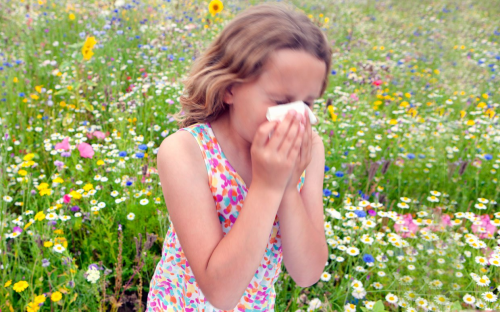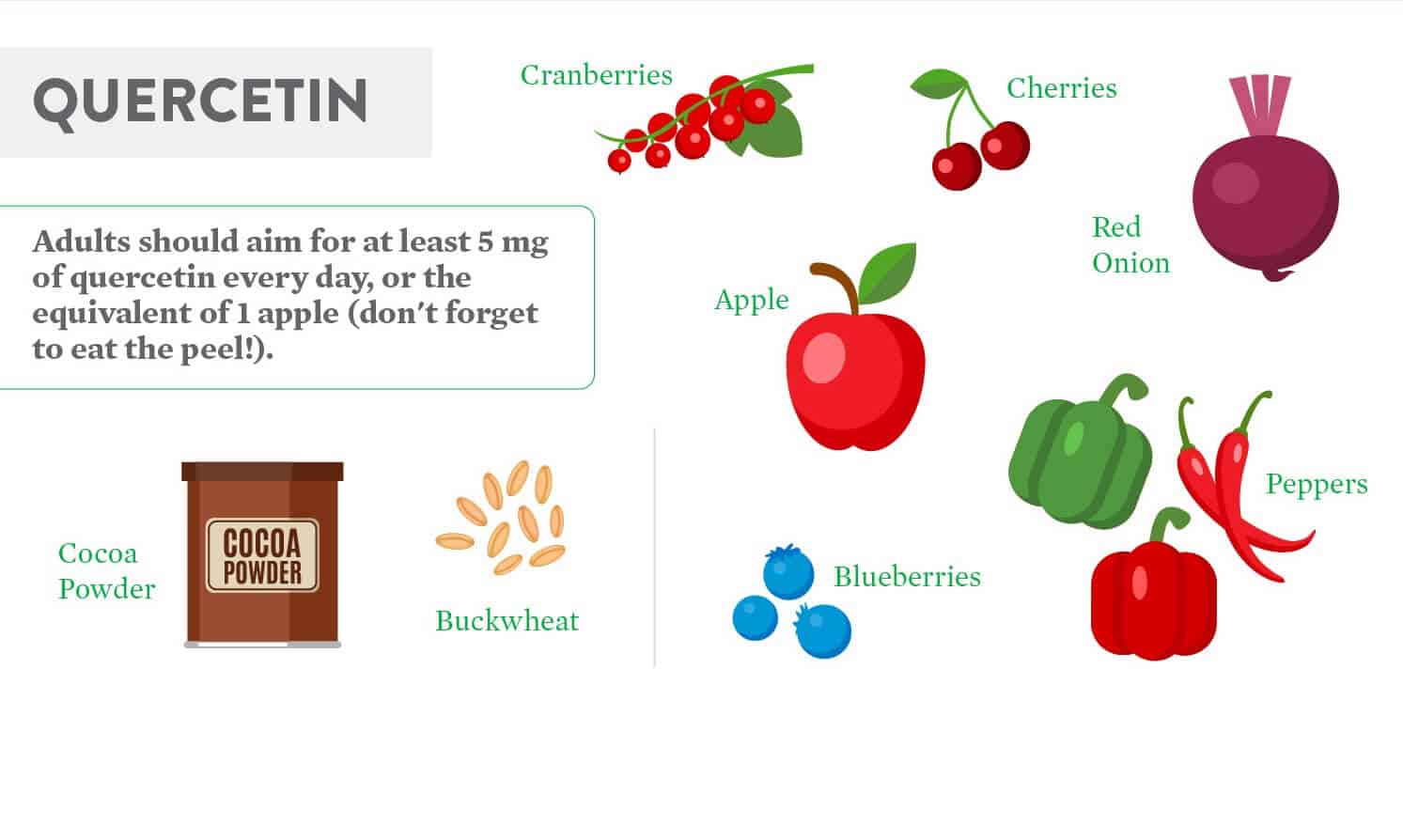
What is allergy?
Allergy definition
Allergy occurs when a person's immune system reacts to substances in the environment that are harmless for most people. These substances are known as allergens and are found in dust mites, pets, pollen, insects, ticks, moulds, foods and some medicines.
Symptoms of Allergy
Allergy symptoms, which depend on the substance involved, can affect your airways, sinuses and nasal passages, skin, and digestive system. Allergic reactions can range from mild to severe. In some severe cases, allergies can trigger a life-threatening reaction known as anaphylaxis.
Hay fever, also called allergic rhinitis, can cause:
- Sneezing
- Itching of the nose, eyes or roof of the mouth
- Runny, stuffy nose
- Watery, red or swollen eyes (conjunctivitis)
A food allergy can cause:
#Tingling in the mouth
#Swelling of the lips, tongue, face or throat
#Hives
#Anaphylaxis
#An insect sting allergy can cause:
A large area of swelling (edema) at the sting site
Itching or hives all over the body
Cough, chest tightness, wheezing or shortness of breath
Anaphylaxis
A drug allergy can cause:
- Hives
- Itchy skin
- Rash
- Facial swelling
- Wheezing
- Anaphylaxis
A topic dermatitis, an allergic skin condition also called eczema, can cause skin to:
- Itch
- Redden
- Flake or peel
Some types of allergies, including allergies to foods and insect stings, can trigger a severe reaction known as anaphylaxis. A life-threatening medical emergency, anaphylaxis can cause you to go into shock. Signs and symptoms of anaphylaxis include:
- Loss of consciousness
- A drop in blood pressure
- Severe shortness of breath
- Skin rash
- Lightheadedness
- A rapid, weak pulse
- Nausea and vomiting
When to see a doctor
You might see a doctor if you have symptoms you think are caused by an allergy, and over-the-counter allergy medications don't provide enough relief. If you have symptoms after starting a new medication, call the doctor who prescribed it right away.
For a severe allergic reaction (anaphylaxis), call 911 or your local emergency number or seek emergency medical help. If you carry an epinephrine auto-injector (Auvi-Q, EpiPen, others), give yourself a shot right away.
Even if your symptoms improve after an epinephrine injection, you should go to the emergency department to make sure symptoms don't return when the effects of the injection wear off.
If you've had a severe allergy attack or any signs and symptoms of anaphylaxis in the past, make an appointment to see your doctor. Evaluation, diagnosis and long-term management of anaphylaxis are complicated, so you'll probably need to see a doctor who specializes in allergies and immunology.
Common causes of allergy
Airborne allergens, such as pollen, animal dander, dust mites and mold
Certain foods, particularly peanuts, tree nuts, wheat, soy, fish, shellfish, eggs and milk
Insect stings, such as from a bee or wasp
Medications, particularly penicillin or penicillin-based antibiotics
Latex or other substances you touch, which can cause allergic skin reactions
Prevention
Preventing allergic reactions depends on the type of allergy you have. General measures include the following:
Avoid known triggers. Even if you're treating your allergy symptoms, try to avoid triggers. If, for instance, you're allergic to pollen, stay inside with windows and doors closed when pollen is high. If you're allergic to dust mites, dust and vacuum and wash bedding often.
Keep a diary. When trying to identify what causes or worsens your allergic symptoms, track your activities and what you eat, when symptoms occur and what seems to help. This may help you and your doctor identify triggers.
Wear a medical alert bracelet. If you've had a severe allergic reaction, a medical alert bracelet (or necklace) lets others know that you have a serious allergy in case you have a reaction and you're unable to communicate.
Natural Remedies for Seasonal Allergy Relief
#1. Apple Cider Vinegar
When allergies hit, I mixed a teaspoon of organic, unfiltered apple cider vinegar with “The Mother” (that part is important) into a glass of water and drank this three times a day. “The Mother” is simply a colony of beneficial bacteria present in some organic and unfiltered ACV brands. Check the label, it should list if it contains it.
#2.Wash Your Nostrils
This remedy works by preventing the offending allergen (or at least as much of it) from entering your airways.
Neti Pot
Shockingly the Neti Pot is one natural remedy I haven’t personally tried because I’m a big scaredy cat about pouring things in my nose. I have friends who swear by it and many health experts I trust tout its benefits. The basic theory is that you use a Neti Pot filled with a sterile saline solution to flush out the sinuses of allergens and irritations.
#3.Quercetin

#4. Nettle Leaf.

Nettle leaf is another natural antihistamine that can be very effective as it naturally blocks the body’s ability to produce histamine. It grows in many places and can be made in to a tincture or tea, but for allergy relief, capsules made from dried nettle leaves are the easiest and most effective option
Source Mayo clinic
Share and give your comment


No comments:
Post a Comment